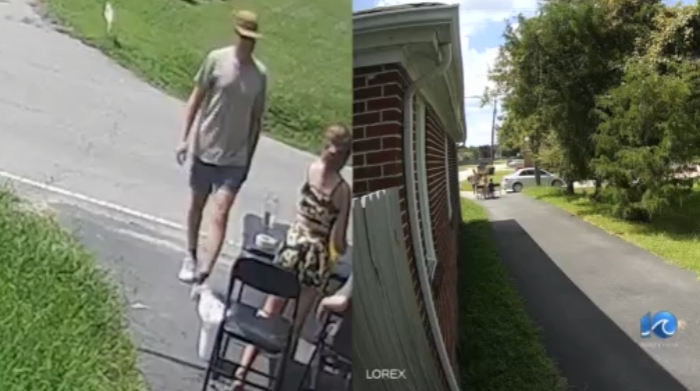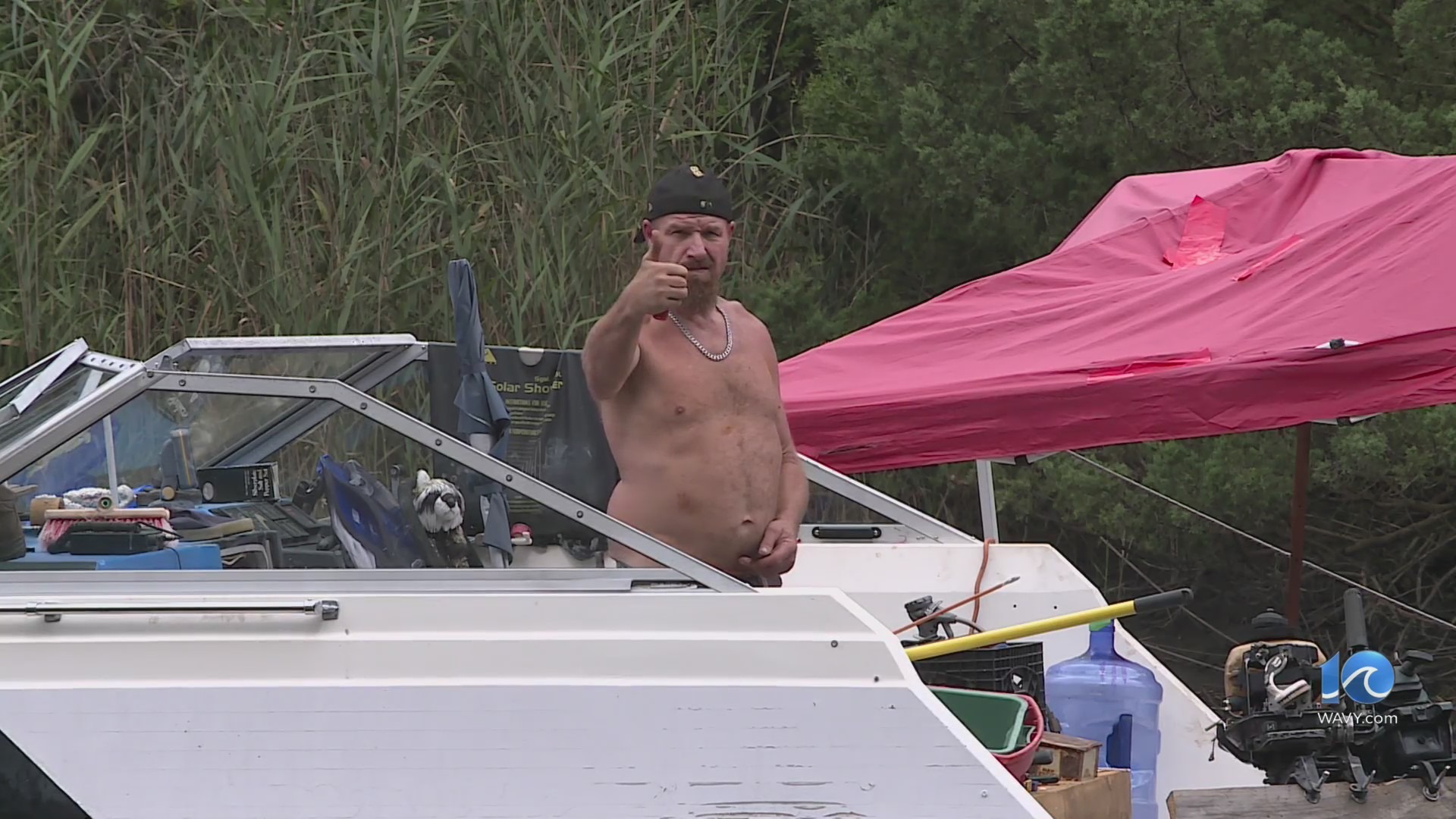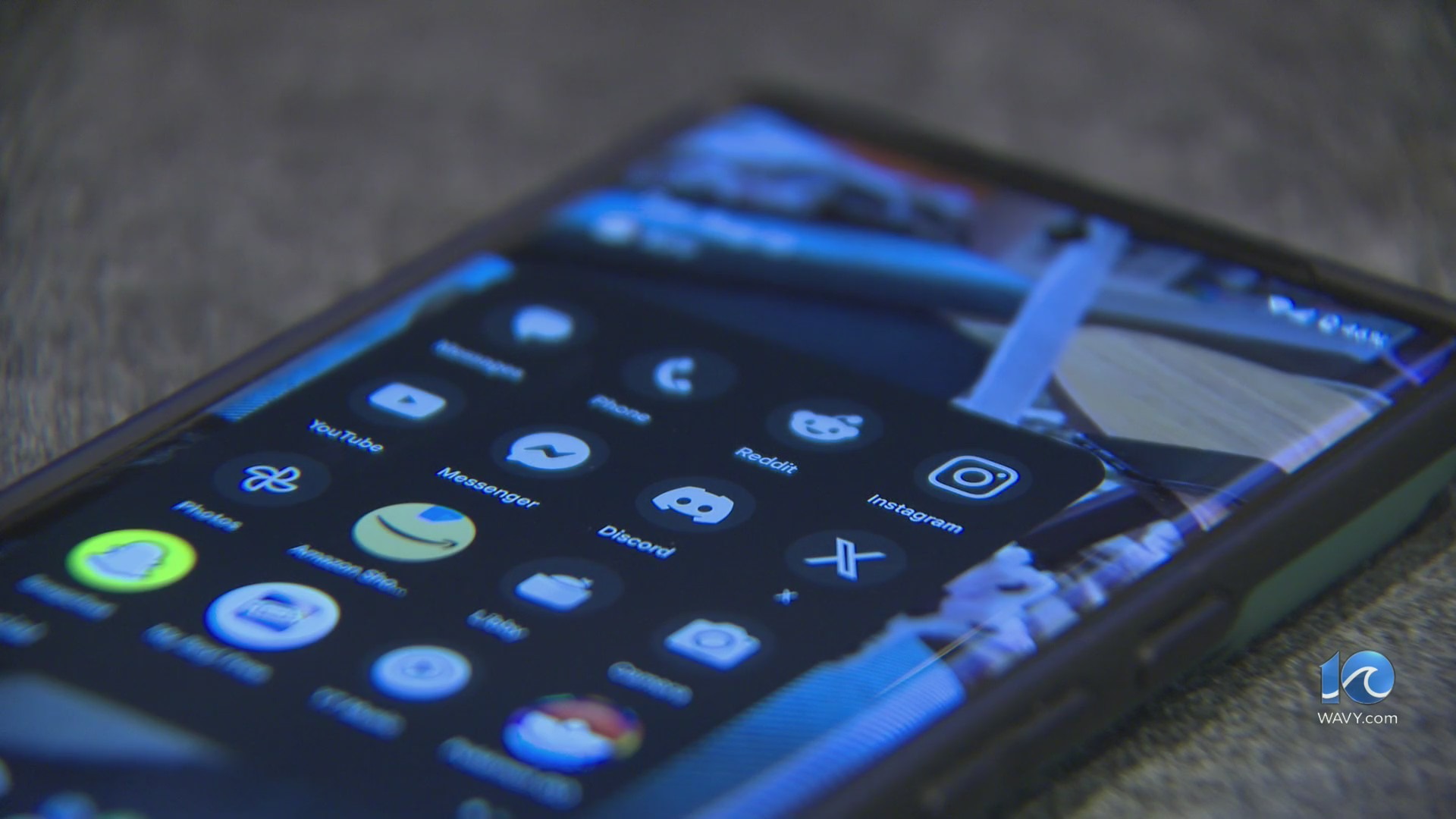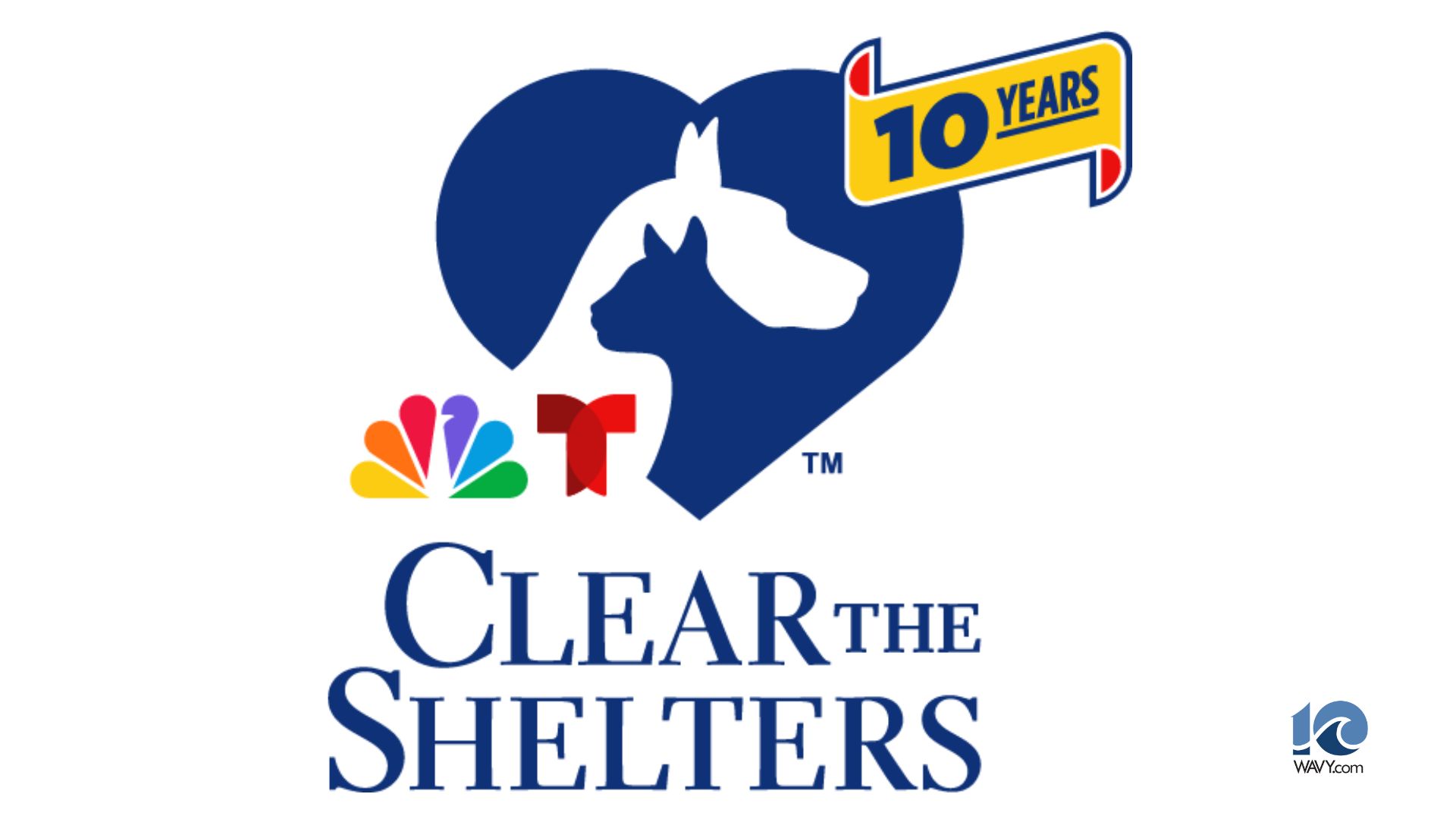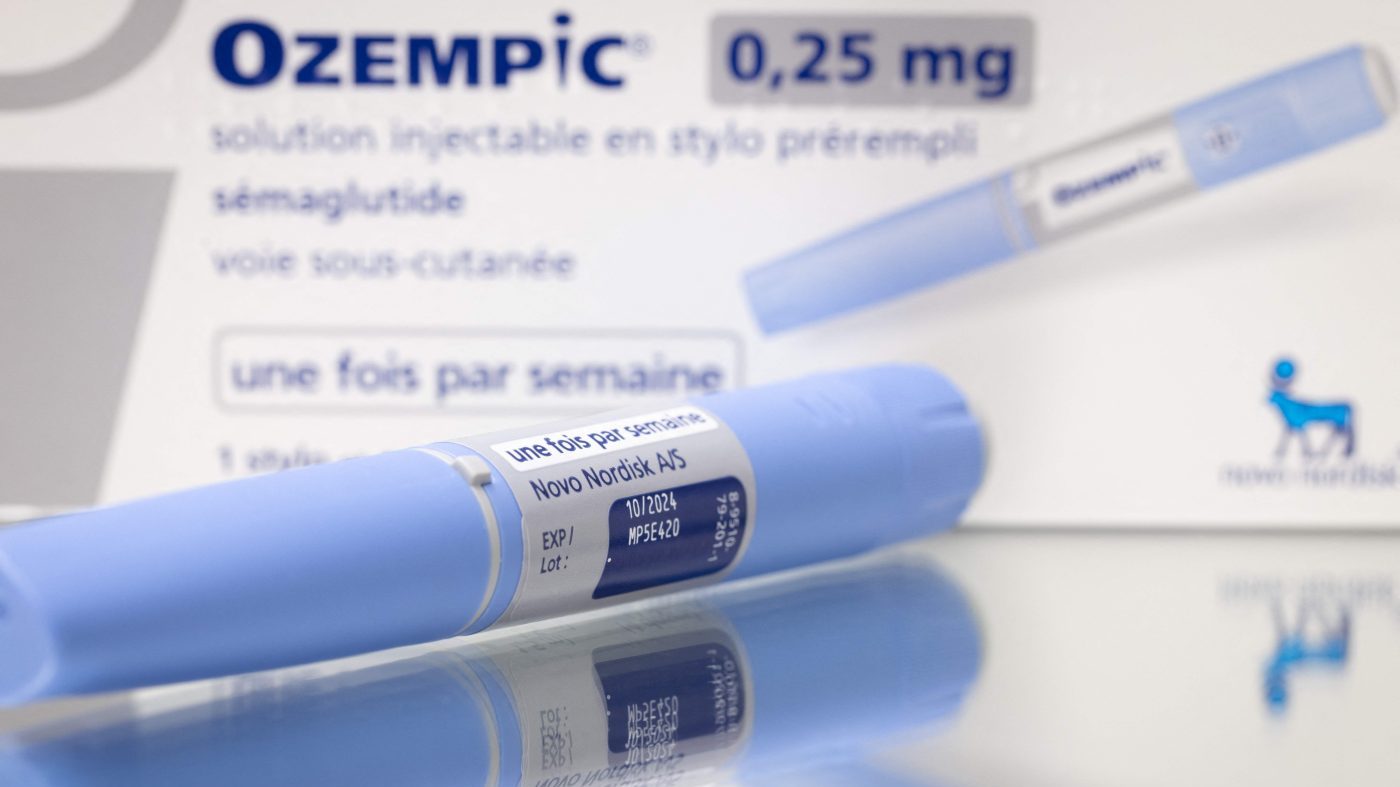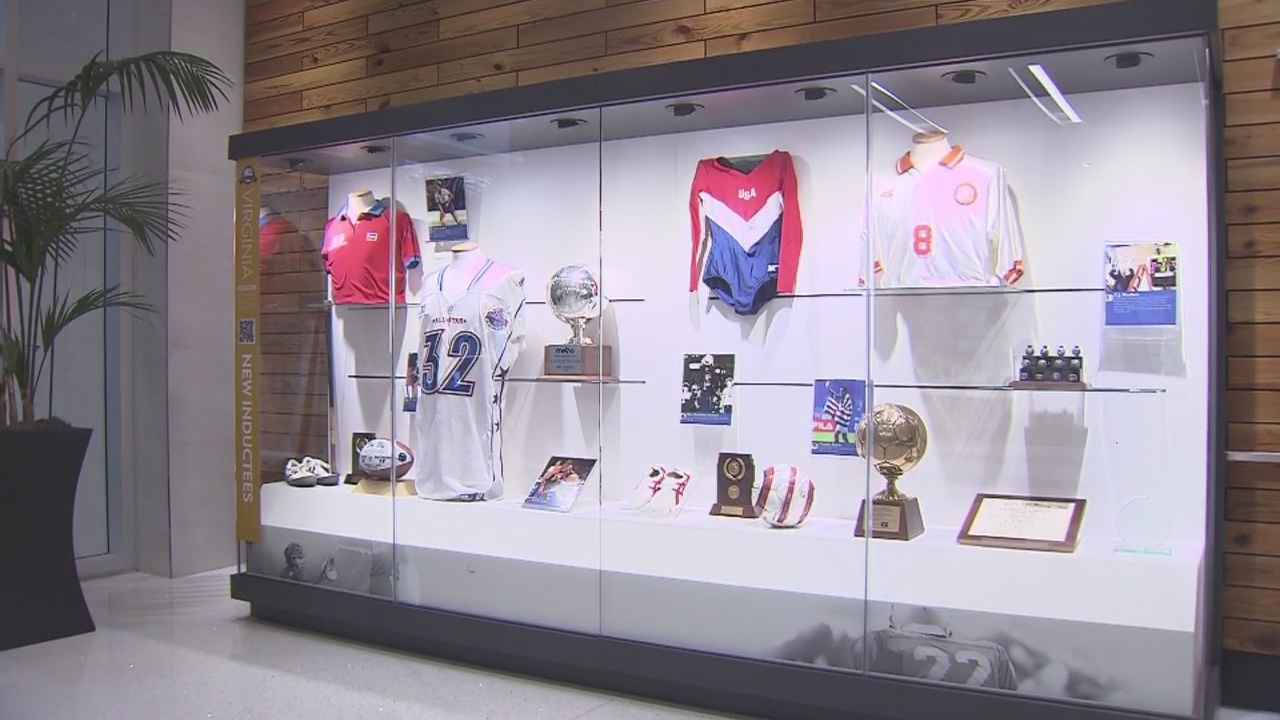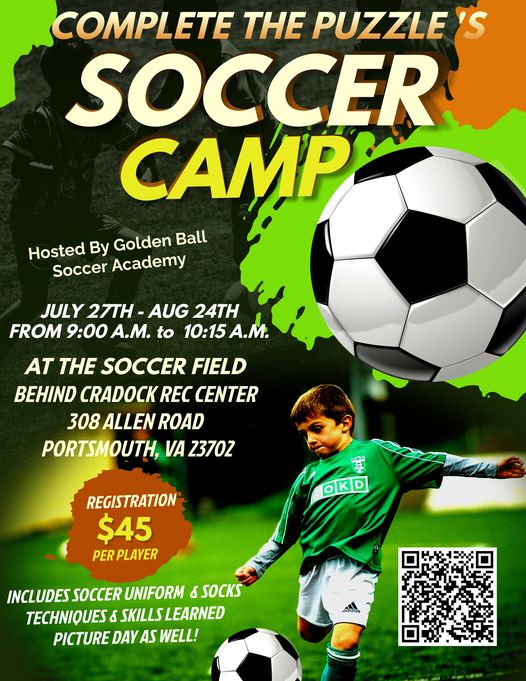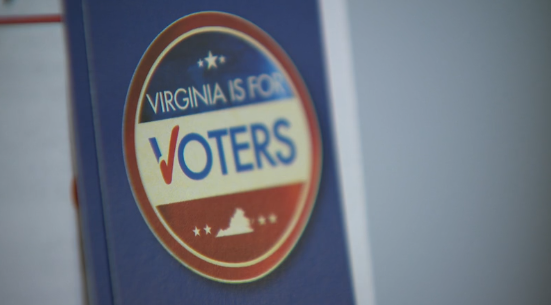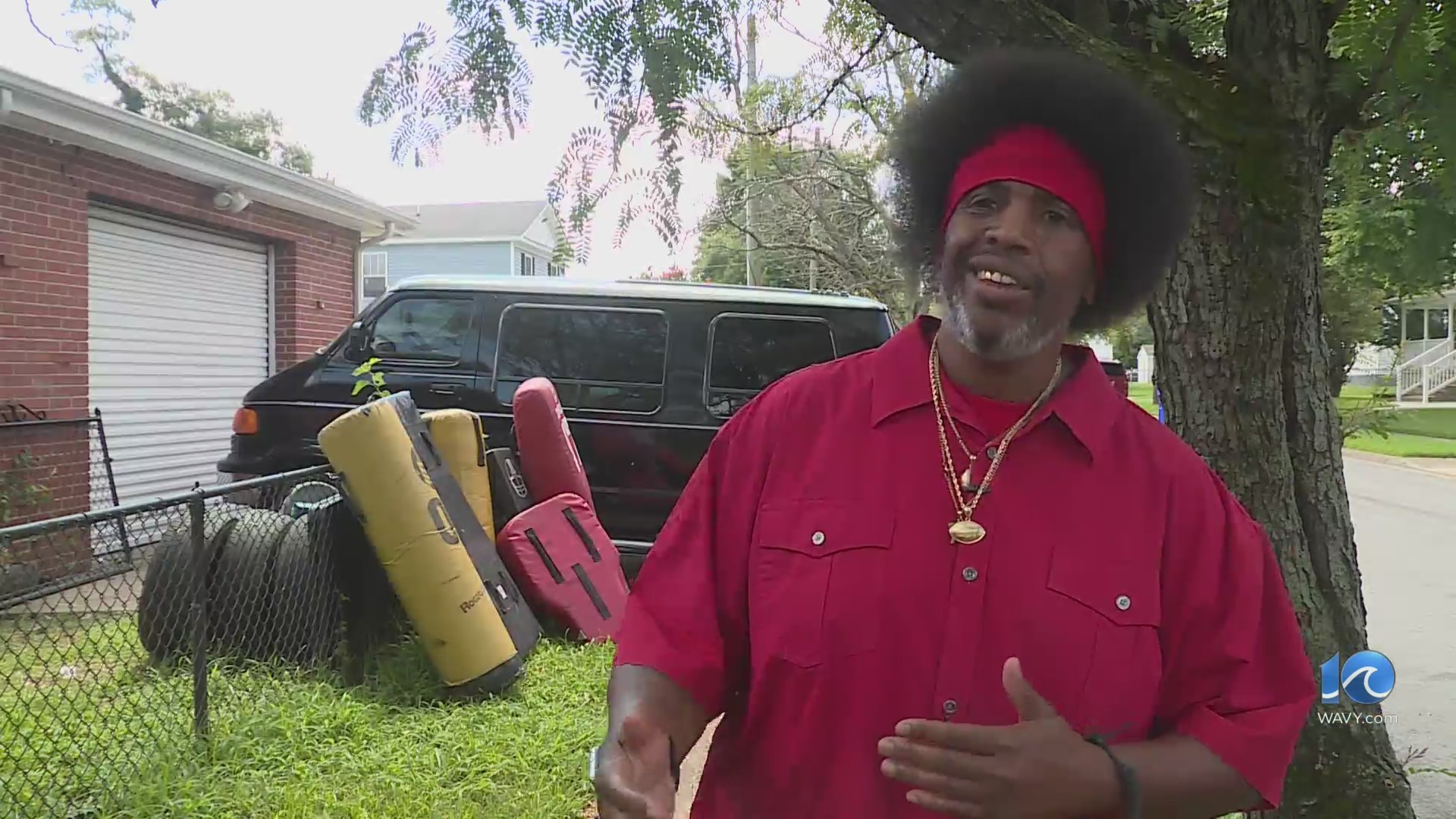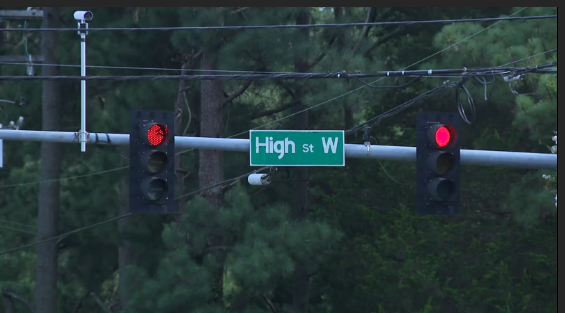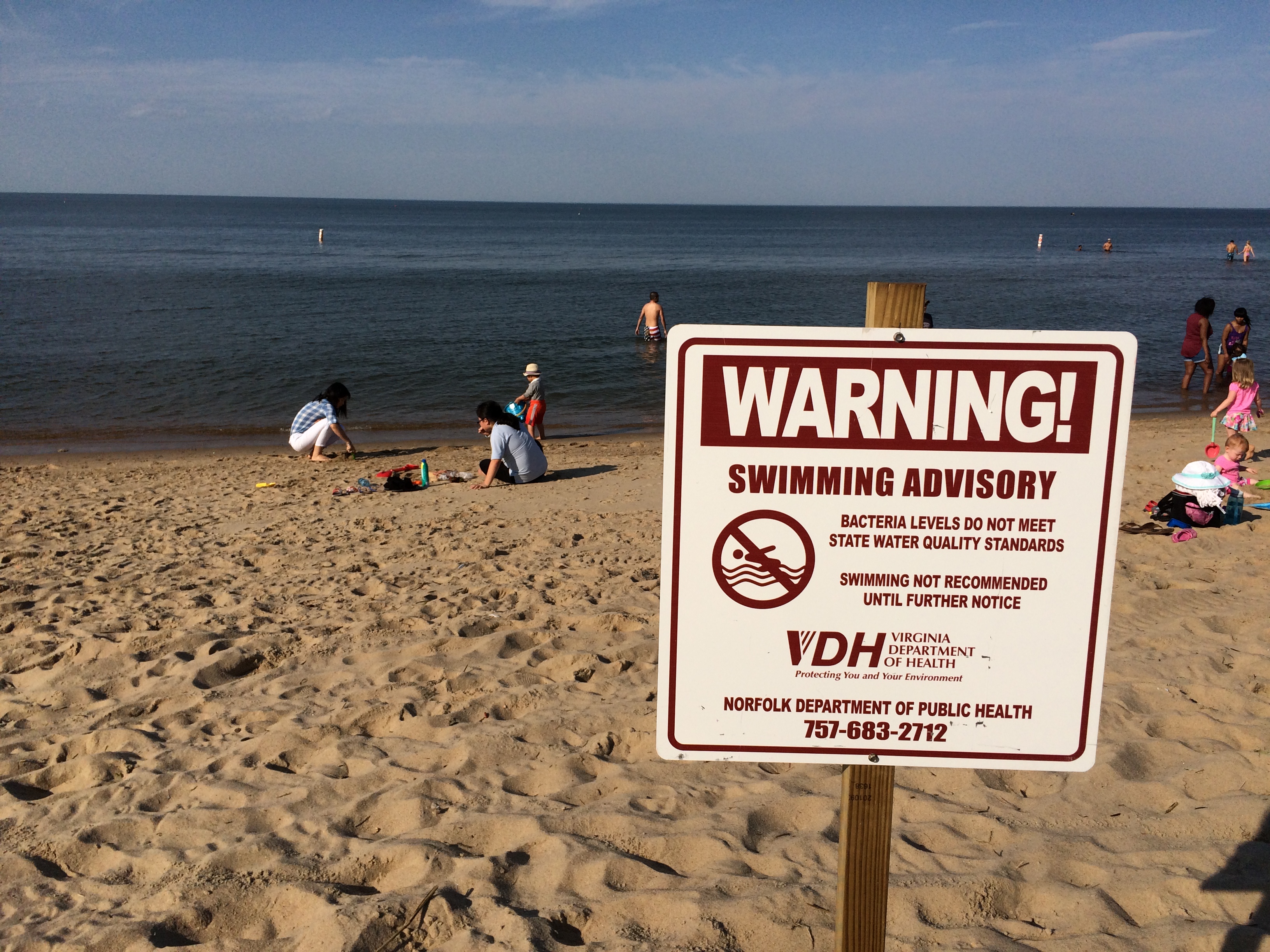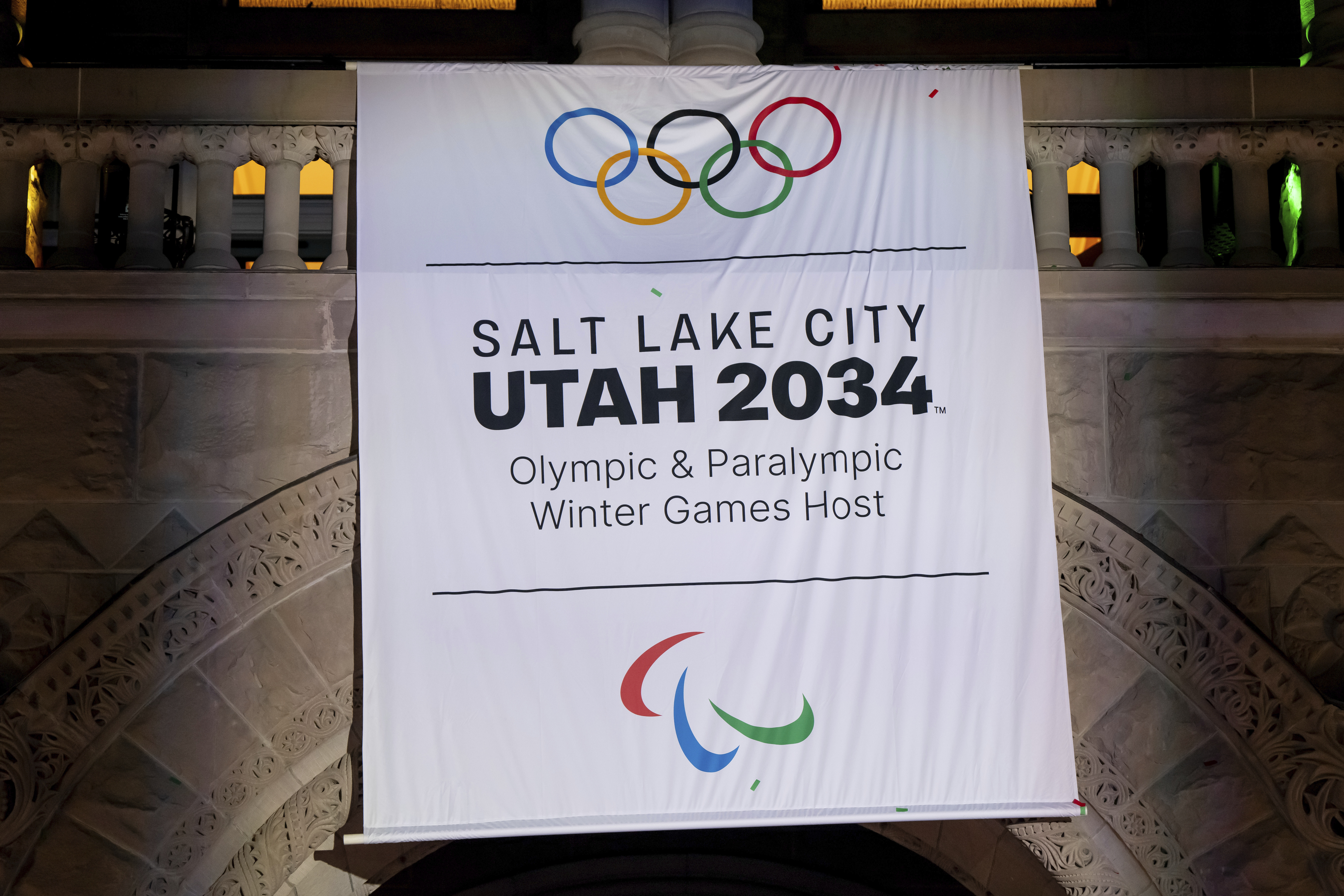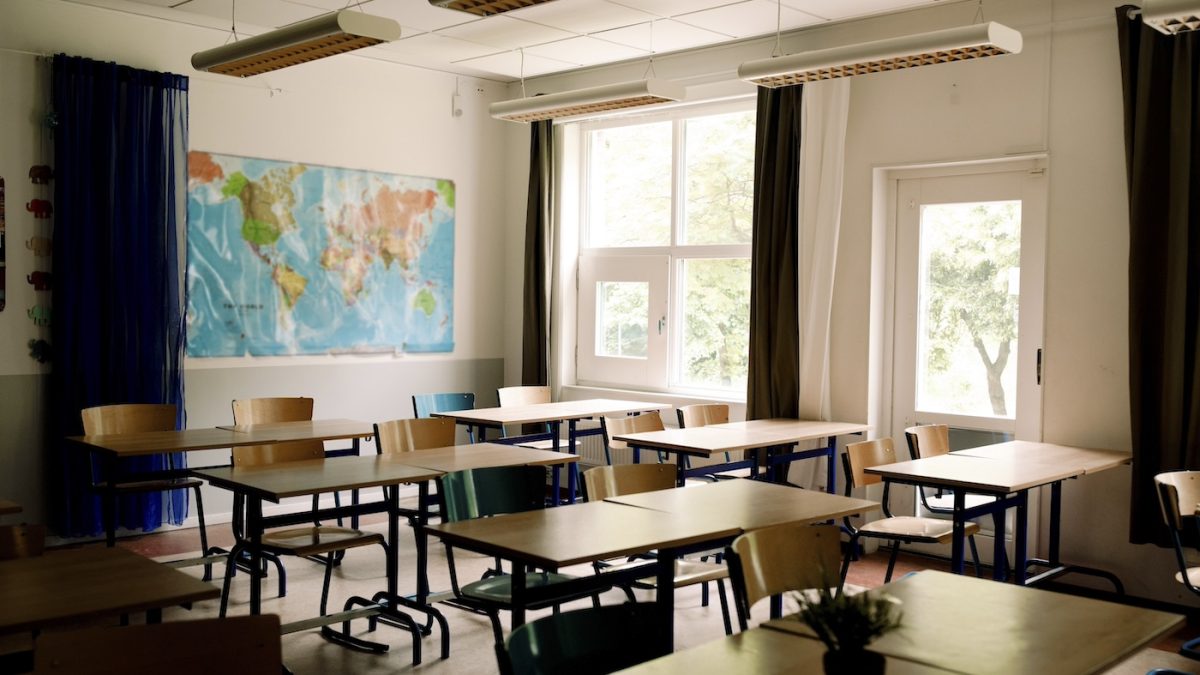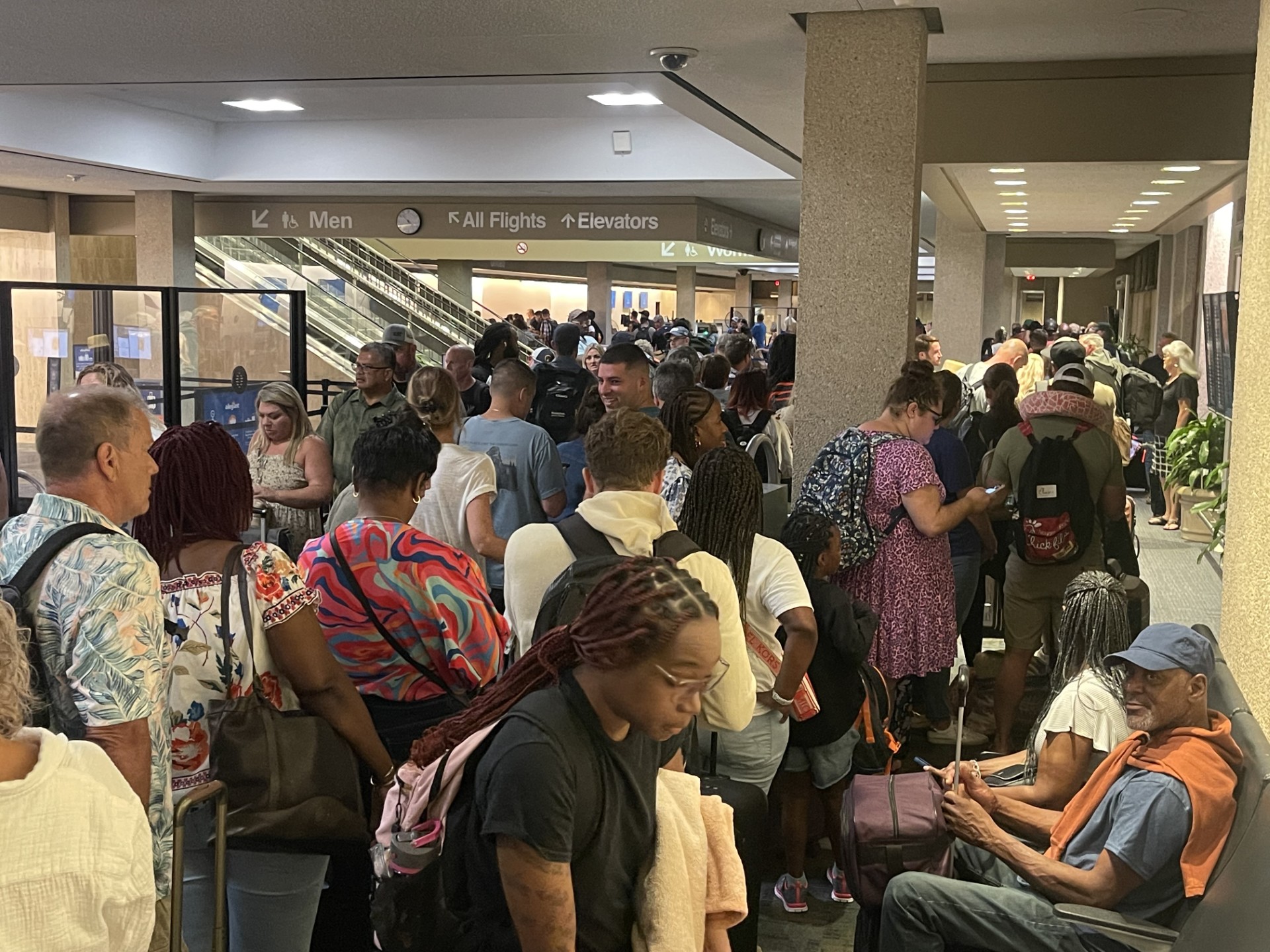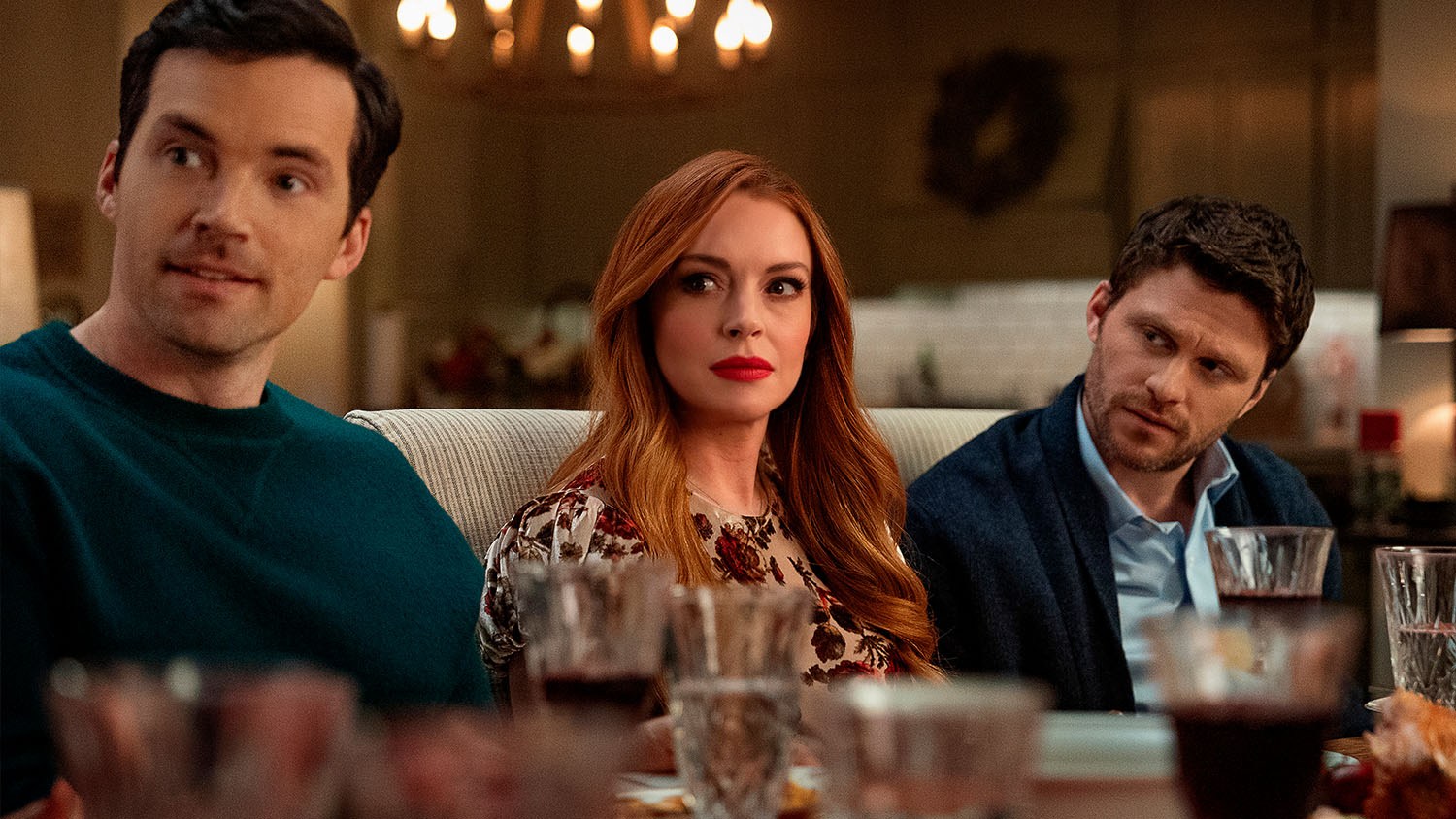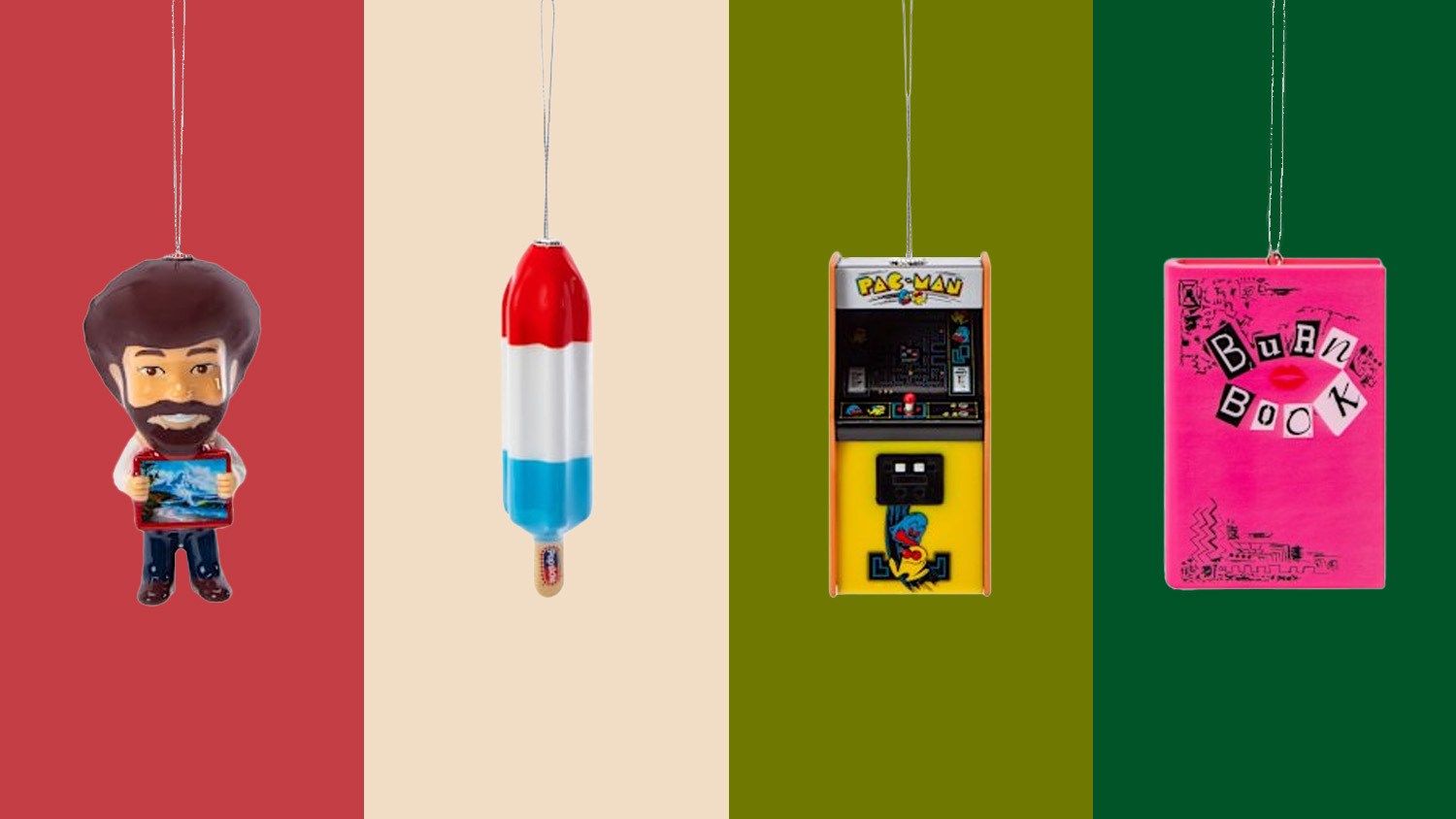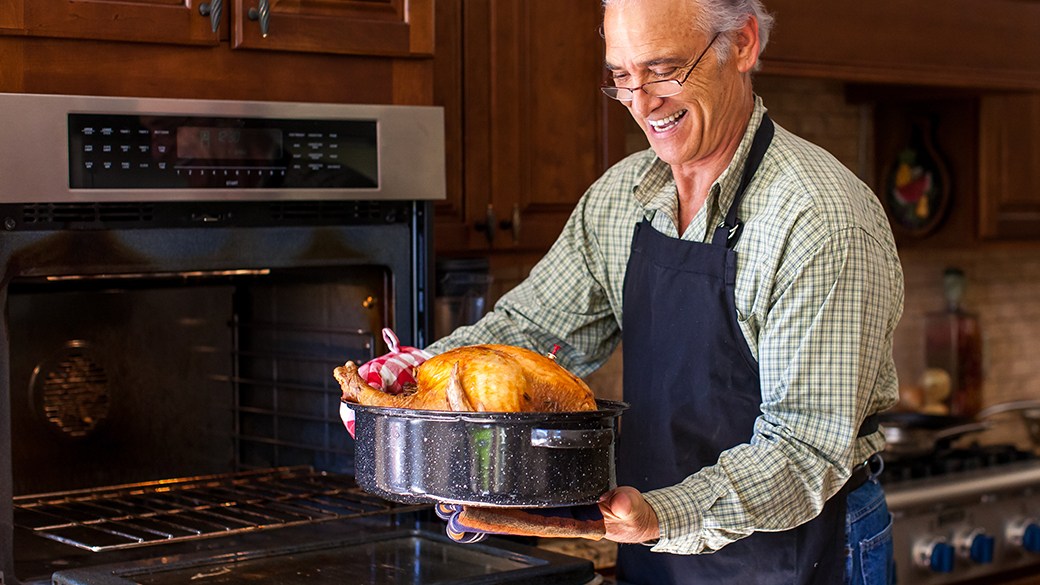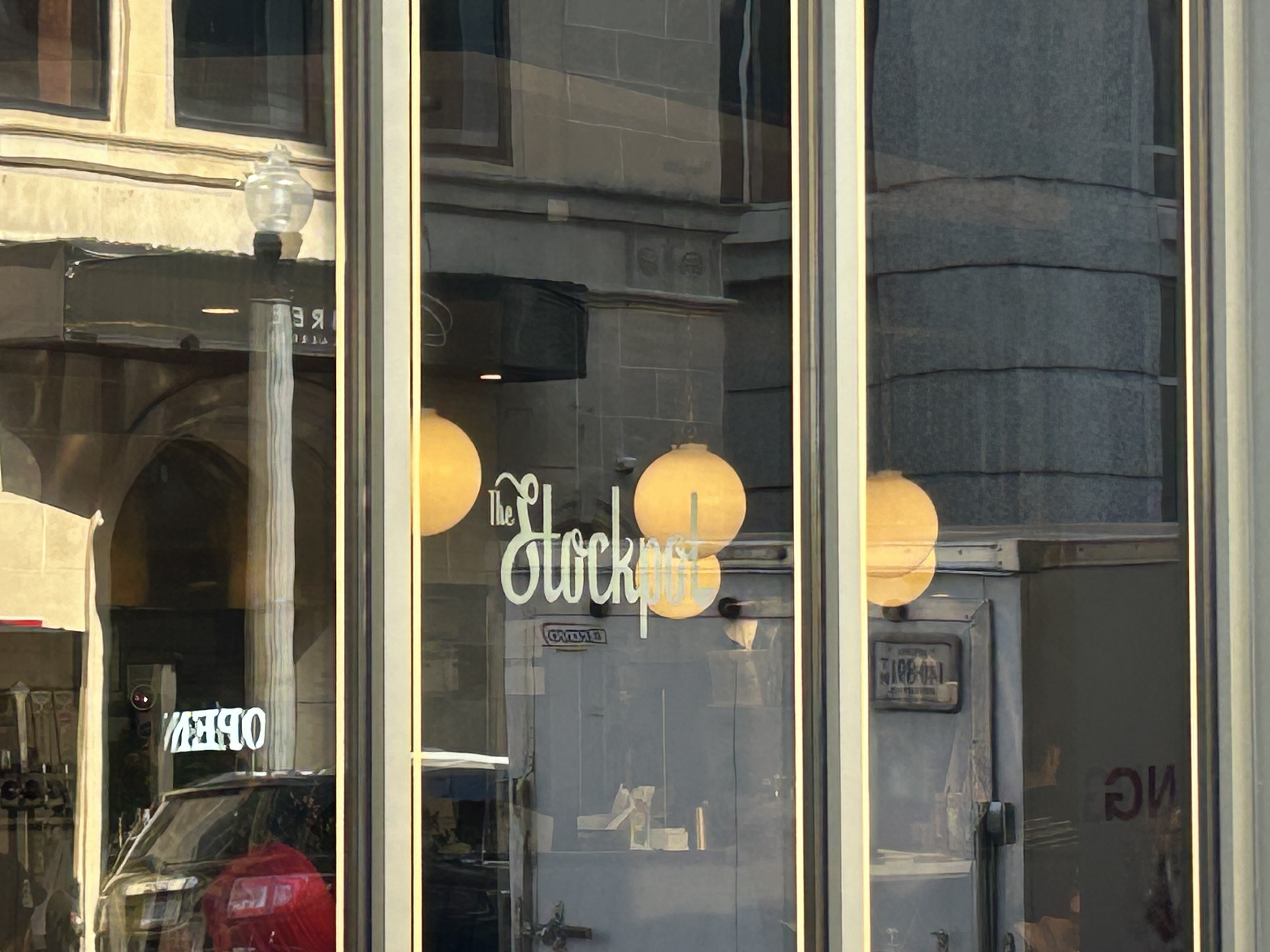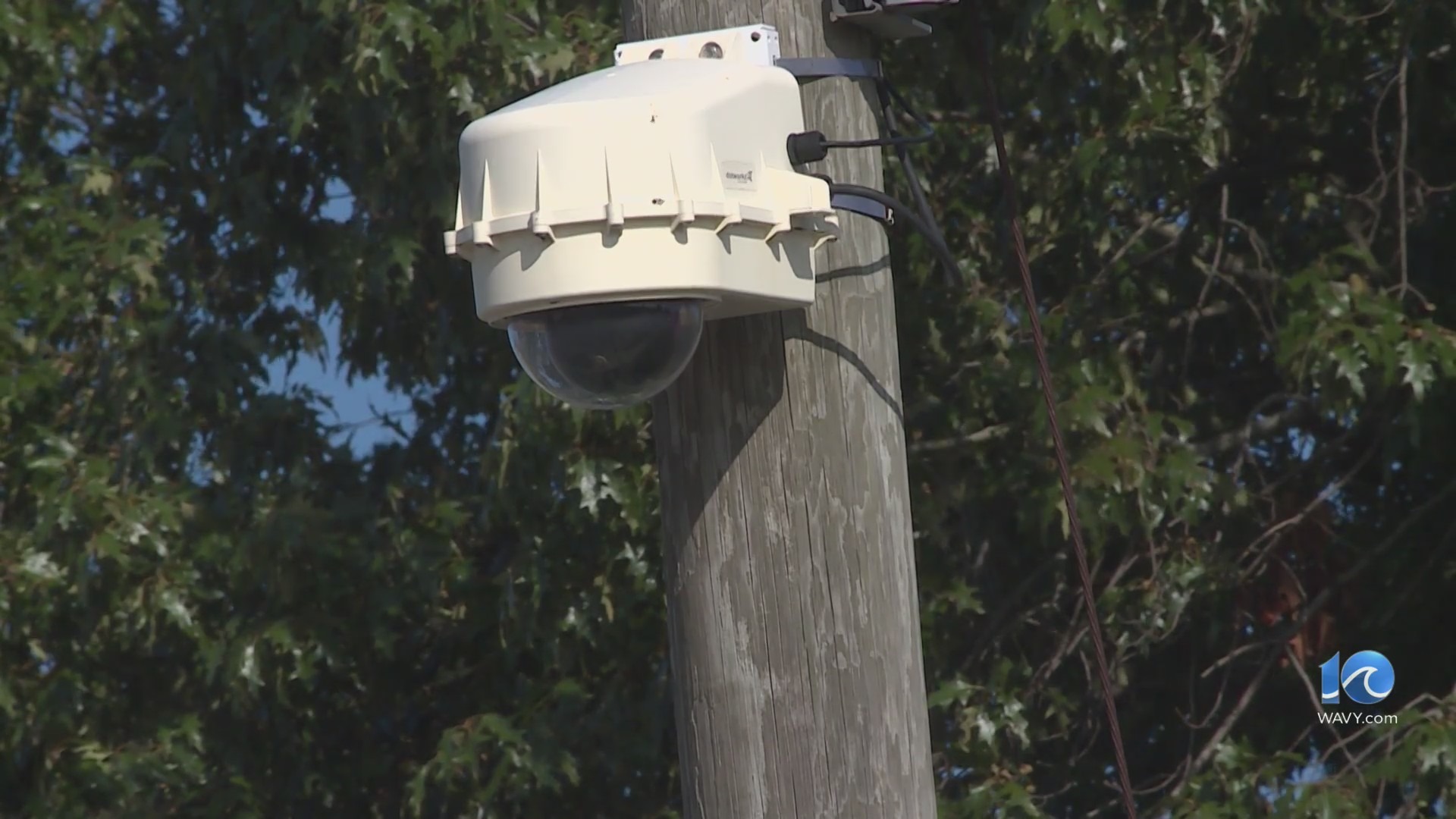MELROSE, Fla. (WFLA) — Post-traumatic stress disorder (PTSD) impacts thousands of Florida veterans, and with a growing number of those being diagnosed, one retreat has a unique approach to helping them live with their struggles and begin the healing process.
Soldiers’ Freedom Outdoors retreat is a simple approach to the complex problem of PTSD. When troops become veterans, their structure is gone, but for many, scars remain. Some go to the retreat in Melrose to heal wounds you don’t see.
“They get to dark places sometimes,” said Josh Datka, a Navy Veteran.
Some veterans served as far back as Vietnam, half a century ago when they were not always welcomed home.
“These boys committed their lives to their country, and to come home to get spit on… Heart-wrenching,” said Scott Krueger, a Vietnam Veteran.
At the retreat, life is as simple as a horseback ride and wetting a hook on the pond. It’s not louder than a rooster’s wake-up call or a day in the blacksmith shop.
Jason Bucy is a Soldier’s Freedom board member. He was a tough-as-nails Marine who lost friends and faced death but made it home, only to face new struggles.
Bucy was initially reluctant to the camp, saying he didn’t need it, but in the end, it changed his life. The free-of-charge, non-profit camp showed him what it has taught hundreds of others battling PTSD.
“It’s not something that can’t be fixed,” he said. “You just need to learn what the triggers are and cope with it.”
He said veterans are more likely to share their problems with other veterans whose stories can be jaw-dropping, like the story of Army Ranger John Jackson.
“[Jackson] had his weapon in his hand and he was going to take his own life. Then, his little boy came into his room, knocked on the door, and said, ‘Dad, you were going to take me to the zoo today.'”
At that moment, Jackson put down the gun and took his son to the zoo. Then, he took himself to the retreat, where he discovered the motivation to open his own retreat in Georgia.
“It made him such an open individual to his own plight that he knows he can help others,” Bucy said.
Results are difficult to imagine at the start of the four-day camp, but by the end, the barriers are broken and bonds are made.
Bucy and the volunteers who keep Soldiers Freedom humming say veterans leave knowing they built a corps of friends who will help.
“If we’re saving lives, it’s because this place is changing lives,” he said. “If somebody’s in crisis, Everybody knows and says, ‘Look. That guy needs help. We’re going to help him.'”
Data from the VA indicates about seven percent of veterans have PTSD, but nearly half the veterans with PTSD and other mental health symptoms from the wars in Iraq and Afghanistan do not seek treatment.






























